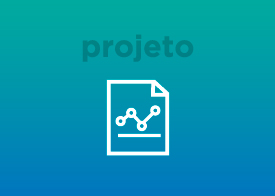Soluções baseadas em Aprendizagem de Máquina e Fog Computing para Gerenciamento Eficiente da Infraestrutura de Cidades Inteligentes
Descrição: Este projeto de pesquisa visa não apenas abordar temas que apresentam relevânciado ponto de vista científico, mas também fornecer uma contribuição para a sociedade.Esse benefício social será dado através de desenvolvimento de tecnologias com possibilidade de aplicação pelas populações das cidades, a partir da implementação doconceito de cidades inteligentes. Do ponto de vista puramente [...]

